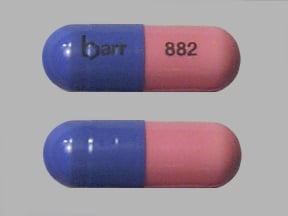My prescription
Edit
500MG, Hydroxyurea (90 Capsules)
Select pharmacy

CVS
$33.06
COUPON PRICE
Walgreens
$17.55
COUPON PRICE
Albertsons
$28.84
COUPON PRICE
Walmart
$29.09
COUPON PRICEHydroxyurea savings card
Show this card to your pharmacist
Walgreens
$17.55
BIN
ID
PCN
GRP
011867
LHDBC40D49
HT
LABH001
Powered by
More prescriptions for thrombocythemia
More prescriptions for thrombocythemia
Price history for Droxia (brand) & Hydroxyurea (generic)
90 Capsules, 500MG
Average retail price for Droxia
Average retail price for Hydroxyurea
Average SaveHealth price for Hydroxyurea
Our price history data is based on aggregated prescription data collected from participating pharmacies in America. Our prescription data updates daily to reflect the latest price changes. If you notice a missing data point, it means there wasn't sufficient data available to generate a monetary value for that date.
We analyzed Hydroxyurea prices for (500MG, 90 Capsules) over the last 12 months. The average retail price was $425.01, while the average price using the SaveHealth discount card was $32.30. That's a savings of approximately 92.40% when using our Hydroxyurea coupon.
Compared to the generic version, Droxia had an average price of $106.89 over the same time period. With the SaveHealth savings card, Hydroxyurea is 69.78% cheaper on average than Droxia.
*Retail prices are based on pharmacy claims data, and may not be accurate when we don't have enough claims.
Hydroxyurea dosage forms
Dosage Quantity Price from Per unit 500MG 90 Capsules $29.09 $0.32 500MG 1 Capsule $2.72 $2.72 500MG 10 Capsules $4.73 $0.47 500MG 20 Capsules $6.96 $0.35 500MG 60 Capsules $15.89 $0.27 500MG 100 Capsules $31.32 $0.31
| Dosage | Quantity | Price from | Per unit |
|---|---|---|---|
| 500MG | 90 Capsules | $29.09 | $0.32 |
| 500MG | 1 Capsule | $2.72 | $2.72 |
| 500MG | 10 Capsules | $4.73 | $0.47 |
| 500MG | 20 Capsules | $6.96 | $0.35 |
| 500MG | 60 Capsules | $15.89 | $0.27 |
| 500MG | 100 Capsules | $31.32 | $0.31 |

